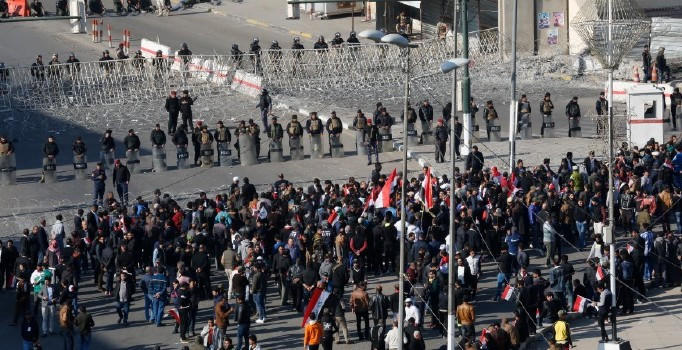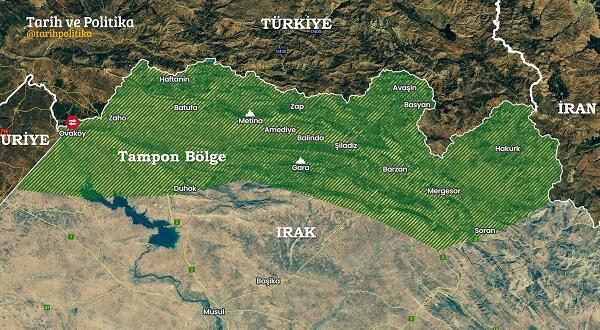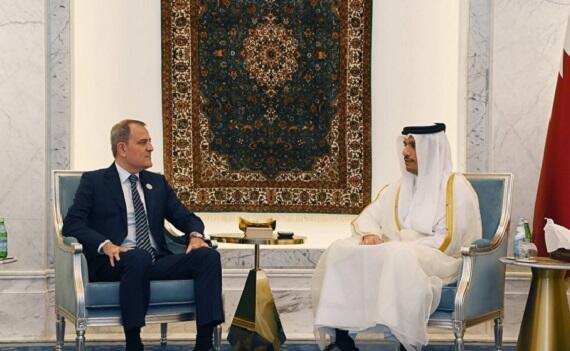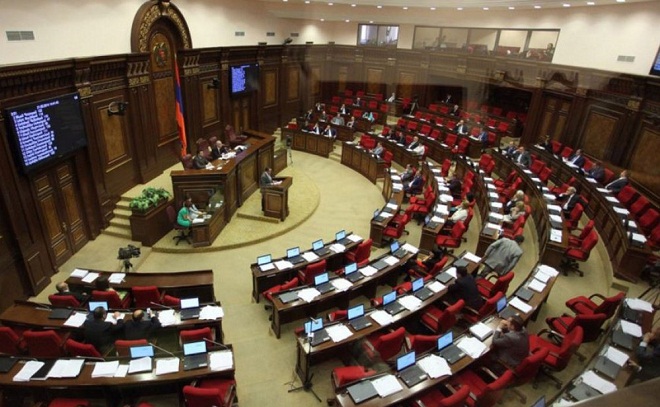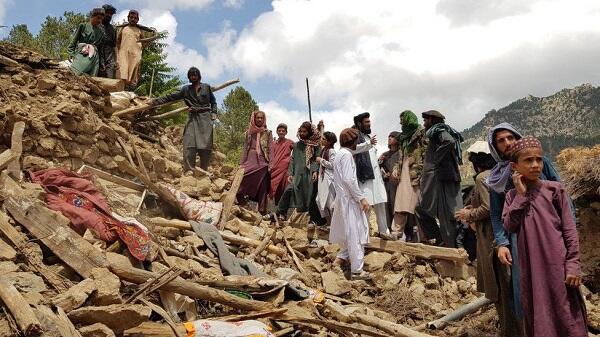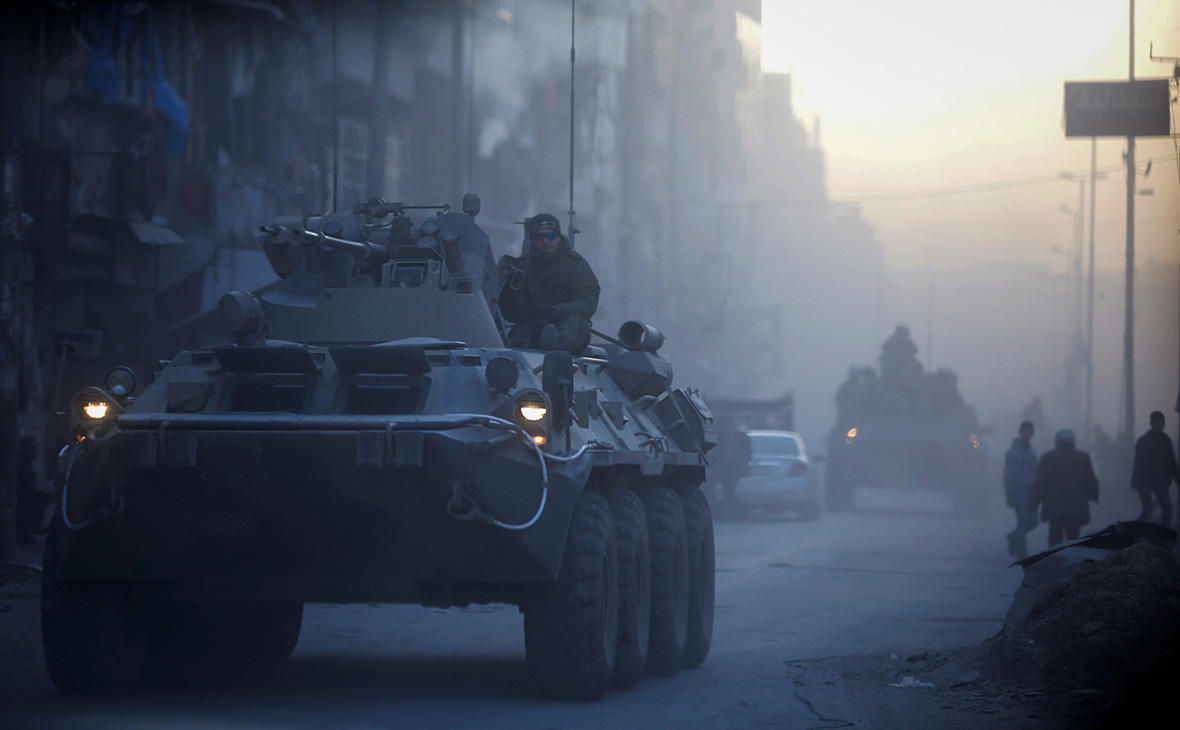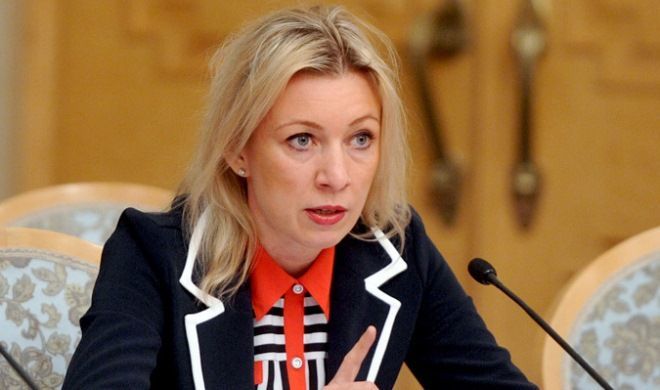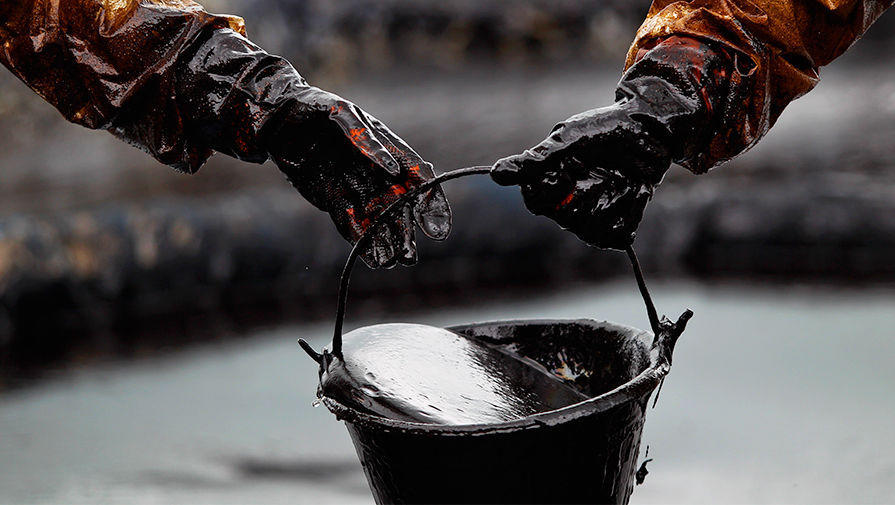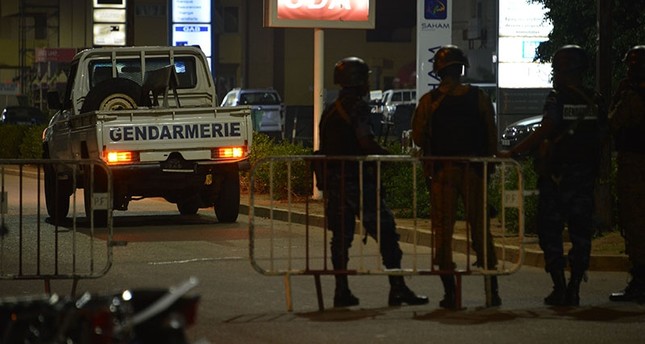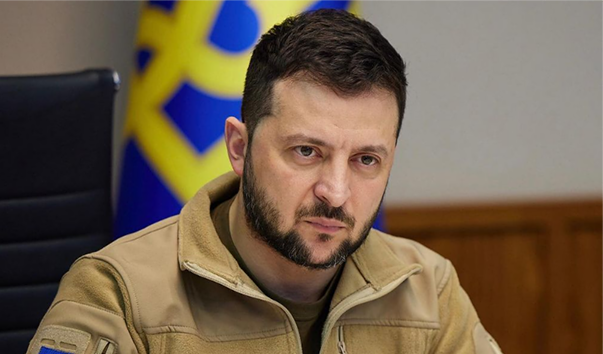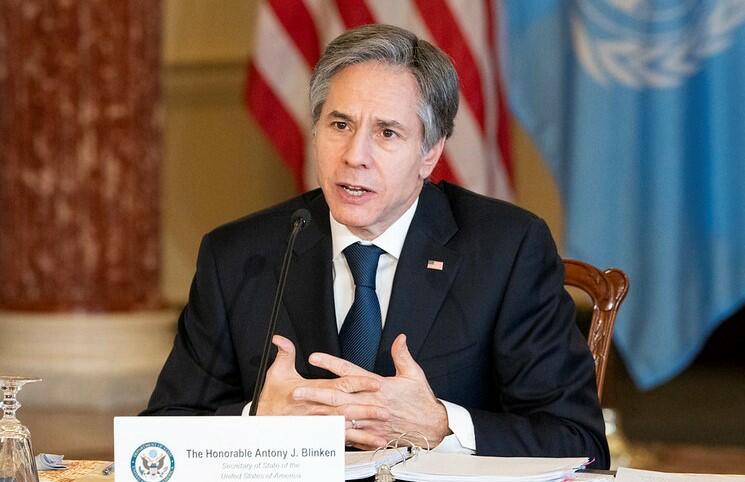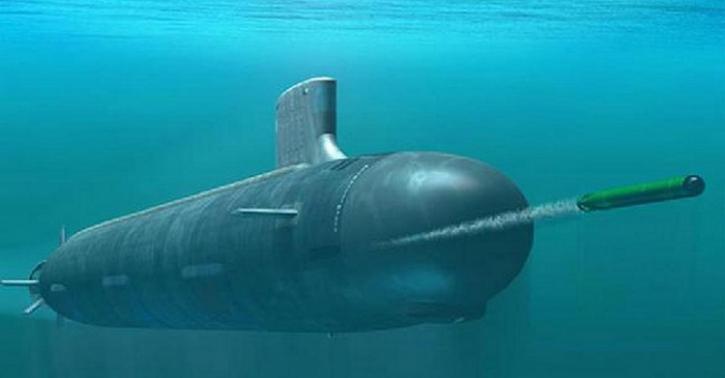The security of nearly one billion people in Europe and North America is at risk from Russia's attempts to attack major vulnerabilities in undersea infrastructure, including wind farms, pipelines, and power cables, according to Vice Admiral Didier Maleterre, Deputy Commander of NATO's Allied Maritime Command (Marcom).
Axar.az reports that according to him, the network of submarine cables and pipes on which Europe's power supply and communications depend was not built to withstand the "hybrid warfare" waged by Moscow and other NATO opponents.
"We know the Russians have developed a lot of hybrid warfare under the sea to disrupt the European economy, through cables, internet cables, pipelines. All of our economy under the sea is under threat. And, to be very clear, we know what Russians have developed as far as nuclear submarines to operate under the sea. So we are not naive and we [Nato countries] are working together," Maleterre says.
The comments come after two incidents involving alleged sabotage of gas pipelines in the Baltic region in the last 18 months - first at Nord Stream 1 and 2 in September 2022, and then at Balticconnector last October. Despite extensive investigations by several states, both cases remain unsolved, although Finland said in December that "everything indicated" a Chinese vessel deliberately anchored the Balticconnector.
Maleterre notes that the situation has changed dramatically since much of the current infrastructure was first built by the private sector, making it extremely vulnerable.
"They [the companies responsible for them] didn’t know that such hybrid warfare would develop so rapidly. More than 90% of [the] internet is under the sea. All our links between the US, Canada, and Europe are transmitting under the sea, so there are a lot of vulnerabilities," he says.
Despite the growing role of offshore wind power in meeting climate goals, the infrastructure still has "system vulnerabilities," he says.
"That’s a very important concern because it’s a security issue for nearly 1 billion Nato-nation civilians. We need to be protected and well supplied by our vital undersea infrastructures," the Deputy Commander emphasizes.
But, according to him, even with NATO's significant presence, it is impossible to protect every underwater infrastructure facility, so the main responsibility for protecting their infrastructure lies with the states.


